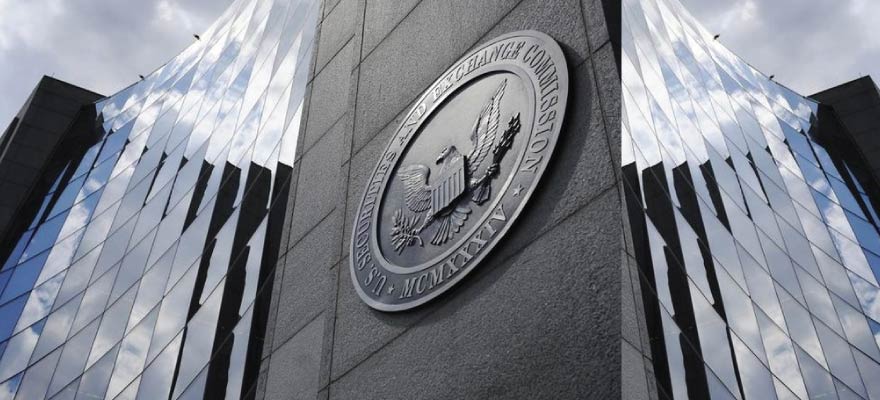The US Securities and Exchange Commission (SEC) has long been pernickety about the (ICO) space. On the one hand the organisation’s chairman, Jay Clayton, has emphasised the huge potential the fund raising process has for fraudulent activity. On the other, he has praised blockchain as offering huge potential for investors and the financial services industry.
It may come as a surprise to some of our readers then, to learn that close to 300 ICO fundraising projects were approved by the SEC in 2018 according to Market Watch. In fact, research by the market analysis company indicates that the American regulator gave a green light to 287 projects last year.
That may sound strange but that’s because a loophole of sorts was involved. Instead of promoting their products to the general public, companies launching an ICO only offered people considered to be accredited investors by the SEC the chance to invest in their products.
The rich get richer
For those of you unfamiliar with the concept of an accredited investor, it refers to someone with a net worth of at least $1 million or who maintained an income of $200,000 or more for the past two years. Companies that have $5 million or more in assets can also invest as accredited investors.
What does this have to do with ICOs? Well, if you are only offering an investment product to accredited investors, you can file a ‘’ with the SEC. Get clearance from the regulator and you don’t have to adhere to a sizeable chunk of its rules.
That means you can get your ICO out into the great American ether and, though it may sound like a lot of cash, a sizeable chunk of US citizens qualify as accredited investors. In fact, according to Seeking Alpha, in 2016 there were 12,417,040 accredited investor households in the USA, making up just under 10 percent of of all American households.





Be First to Comment